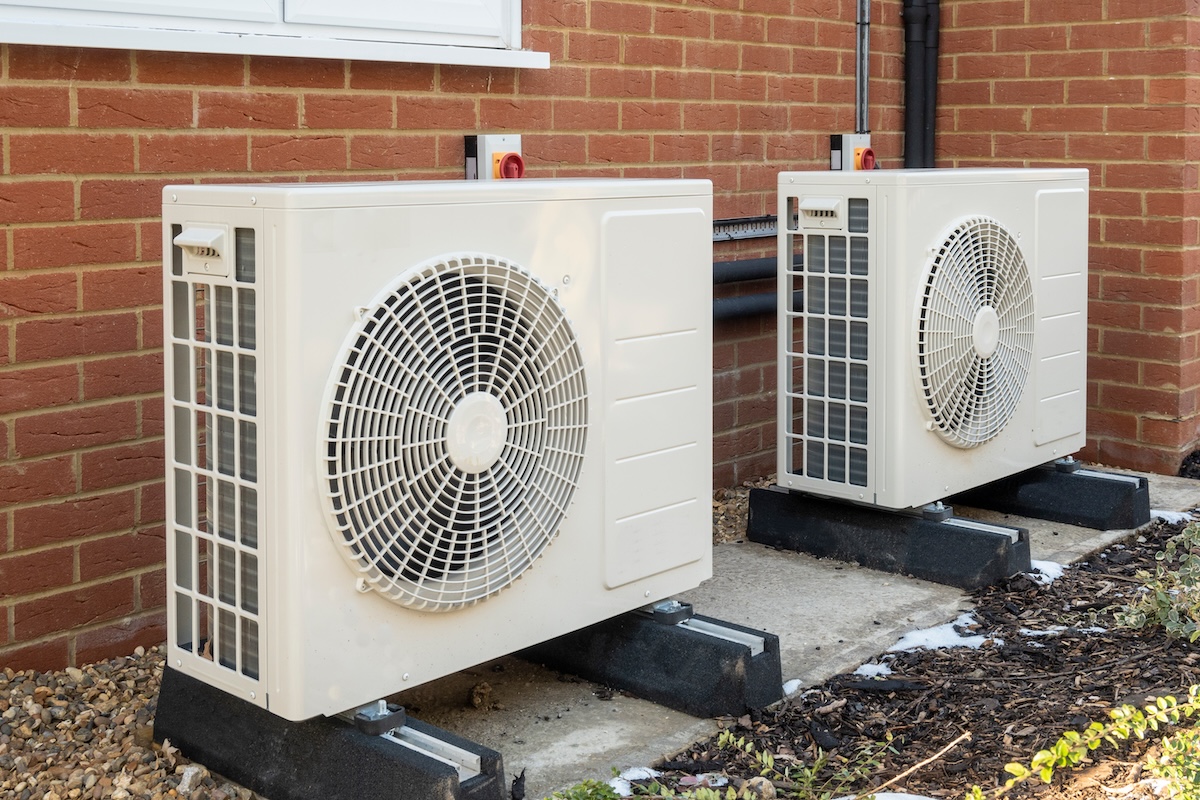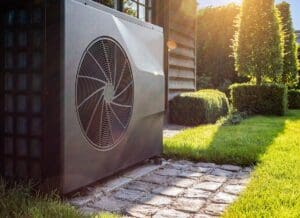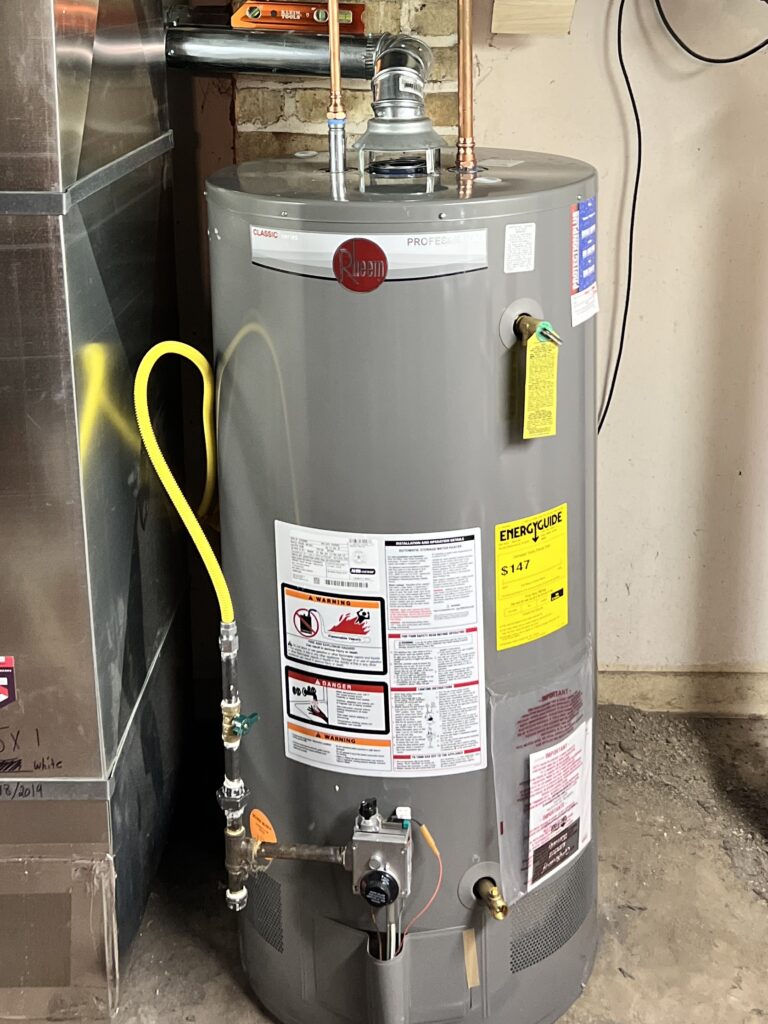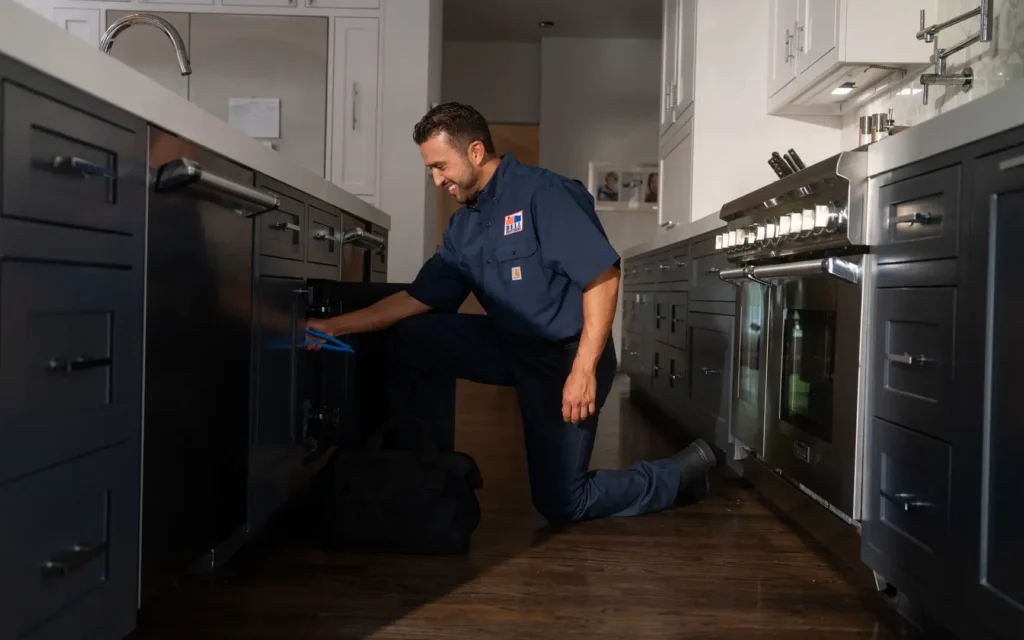

Blog
Comparing a Geothermal Heat Pump vs Air Source Heat Pump in Des Moines

Ever wondered about the difference between geothermal heat pump vs air source heat pump systems? If you’re a homeowner in Des Moines, Iowa, understanding how each option works can help you stay comfortable no matter the season. One way to do that is with a heat pump. Like an air conditioner, it can cool your home — but it’s also capable of producing heat. A heat pump is a smart, clean way to heat, cool, dehumidify, and purify the air in your home. Plus, a heat pump can be 3-5 times more energy-efficient than conventional home heating and cooling systems. Our heat pump guide will tell you everything you need to know about this smart and efficient climate control system.
Schedule OnlineHow a Heat Pump System Works
A heat pump system controls your home’s temperature and humidity level by redistributing the heat that’s already in the air. In the winter, it moves heat from the outside to the inside of your home. In the summer, the process is reversed: The heat pump takes heat from inside your home and moves it outside.
A Heat Pump System vs. Air Conditioner vs. Gas Furnace
A heat pump and an air conditioner can both cool a home. However, an air conditioner cannot pump heat back into a home like a heat pump can. An air conditioner needs to be paired with a furnace to heat your home. That’s why an air conditioner and furnace are typically installed together as a complete cooling and heating system.
Both a heat pump and a furnace help keep your home warm, but they heat differently. A heat pump uses small amounts of electricity to move heat from one area to another. A furnace uses an energy source, like natural gas or oil, to generate its own heat.
In colder regions, heat pumps can be combined with furnaces for energy-efficient heating. When the outside temperature drops too low for the heat pump to operate efficiently, the system will use the furnace to generate heat. This is often called hybrid heat, which is energy-efficient and cost-effective.
Types of Heat Pump Systems
The two most common heat pump systems are:
- Air-source heat pump, including ductless or mini split system.
- Ground-source heat pump, also known as a geothermal heat pump.
When comparing geothermal vs air source heat pump systems, it’s important to understand how each one works and which is better suited for your home’s climate and energy needs.
Air-Source Heat Pump
The most common type of heat pump is an air-source heat pump. It can help reduce your electricity use for heating by approximately 50% compared to electric heating, such as furnaces and baseboard heaters. Heat pumps come in ducted and ductless versions.
- Ducted heat pump system: Relies on a single air-handling unit, which redirects air throughout your home.
- Ductless heat pump system: Uses a small wall-mounted unit to distribute and handle air.
Geothermal Heat Pump
A geothermal heat pump system uses free, renewable energy by moving the earth’s heat from underground pipes to a geothermal unit inside your home. The collected heat is distributed through the ductwork to heat your home. To cool your home, the process is reversed. The warm air in your home is collected and stored in the ground.
There are many advantages to installing a geothermal system in your home, including:
- It is five times more efficient than a conventional system and can reduce energy use by 30% to 60%.
- It provides a constant, precise temperature and humidity control.
- It cools 20% to 40% more efficiently than other cooling systems.
- It heats 50% to 70% more efficiently than other heating systems.
- It can be installed in new or existing homes with minimal disturbance to yard and landscaping.
These benefits highlight why many homeowners compare geothermal vs air source heat pump systems when deciding on an energy-efficient upgrade.
Schedule OnlineParts of a Heat Pump

A heat pump is made up of two main components that work together:
- An outdoor condensing unit, which looks like a traditional air conditioning system.
- An indoor air-handling unit.
The outdoor unit contains important sub-components, including:
- A coil: Operates as a condenser (heating) or an evaporator (cooling).
- A fan: Blows outside air over the coil to facilitate the heat exchange.
Like the outdoor unit, the indoor unit contains a coil and a fan. The coil acts as an evaporator or a condenser. The fan moves air across the coil and throughout the ducts in your home.
However, the indoor unit includes other components:
- Refrigerant: Absorbs and rejects heat as it circulates throughout the heat pump system.
- Compressor: Pressurizes the refrigerant and moves it throughout the system.
- Reversing valve: Reverses the flow of refrigerant, allowing the system to operate in the opposite direction to switch between heating and cooling.
- Expansion valve: Regulates the flow of the refrigerant as it passes through the system.
Heat Pump System Maintenance
Whether you have a geothermal or air source heat pump, proper maintenance is essential to keep your system running efficiently. Like all heating and cooling units, a heat pump needs regular care to ensure optimal performance and long-term health for your HVAC system.
In addition to professional service, you should:
- Clean or change filters once a month or as needed.
- Clean outdoor coils when dirty.
- Remove debris and clutter from around your outdoor unit.
- Clean the supply and return registers in your home.
Always maintain your heat pump system according to your manufacturer's instructions.
Determining the Right Heat Pump System
Choosing between an air source and a geothermal heat pump depends on two factors: the size of your home and the local climate. Air-source heat pumps are more common in milder climates, typically where temperatures do not drop below freezing. Your lot’s size, subsoil and landscape will help determine whether a geothermal heat pump will work for your home.
How Much Will a Heat Pump Cost Me?
The cost to install a heat pump will depend on the size of your house, layout of your space, where you live and whether you’ll use your existing ductwork or install a ductless mini-split system or geothermal system.
Most air-source heat pump system installation costs fall between $10,000 and $18,000. The model you select has the biggest impact on your total cost. A geothermal heat pump system and installation is more expensive. When you include the outdoor loop field installation and the system installation, the cost ranges from $18,000 to $40,000 for a single system. The size of your home and the efficiency level of the geothermal system you select will also impact your total investment. While a geothermal heat pump does cost more, the system will pay for itself in about five to seven years due to the monthly savings on utility costs.
Another benefit is that a heat pump often qualifies for state and federal energy tax credits plus utility rebates.
Get Expert Help Choosing & Installing Your Heat Pump in Des Moines, IA
Whether you’re comparing geothermal vs air source heat pump options, both can provide efficient, comfortable heating and cooling year-round. Our team of experts offers professional heat pump system installation, fast and reliable repair, and an annual maintenance program to keep your system running at peak efficiency.
Schedule Online







